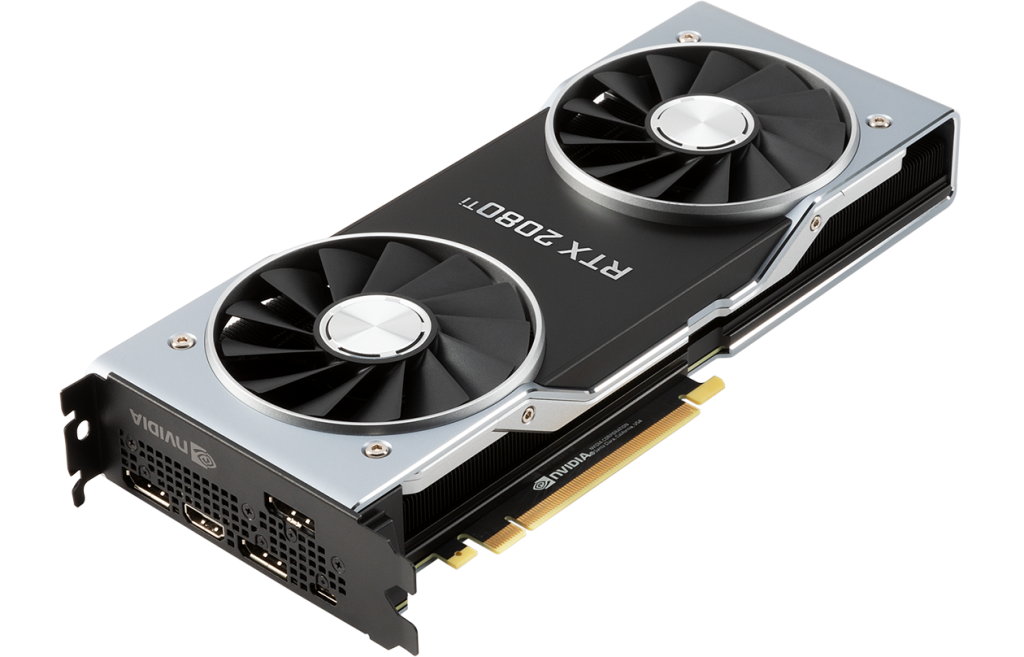
A recent video by YouTuber Testing Games has thrown up an interesting question about the effect of prolonged stress on desktop graphics cards. In the video, the YouTuber claims to compare two RTX 2080 Ti cards, one that they have benchmarked from new and the other after 18 months of crypto mining. Now, crypto mining does not necessarily stress a GPU more than gaming does, but few people game for as long continuously as crypto miners leave their cards running.
On the facts of the video, the RTX 2080 Ti that has been subjected to crypto mining runs hotter than it does out of the box, which results in lower GPU clock speeds and, in turn, worse in-game framerates. The difference is pronounced across all games benchmarked and seemingly affects 1% and 0.1% lows too. Lower 1% and 0.1% lows could result in a worse gaming experience, amplifying lower framerates.
We should point that there are some flaws in Testing Games’ benchmarks, though. On the one hand, they did not benchmark the used RTX 2080 Ti after reapplying its thermal compounds. Hence, it is unclear if depreciated compounds have caused this marked drop in performance or the stress associated with crypto mining itself. On the other hand, Testing Games did not benchmark an 18-month-old RTX 2080 Ti that has been pushed hard in games throughout its lifespan. Correspondingly, it remains unclear if crypto mining affects in-game performance in the long term more than gaming does.
Ultimately, while Testing Games does not demonstrably prove that crypto mining ‘spoils’ a graphics card, it serves as a warning when purchasing second-hand. It may be wise to clean the fans of a used graphics card, at the very least, to see if that improves performance. Additionally, re-pasting a card’s GPU could help regain any lost performance, if you are comfortable doing so.





























